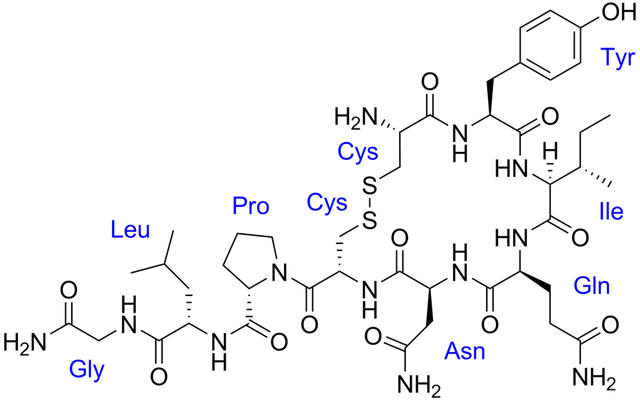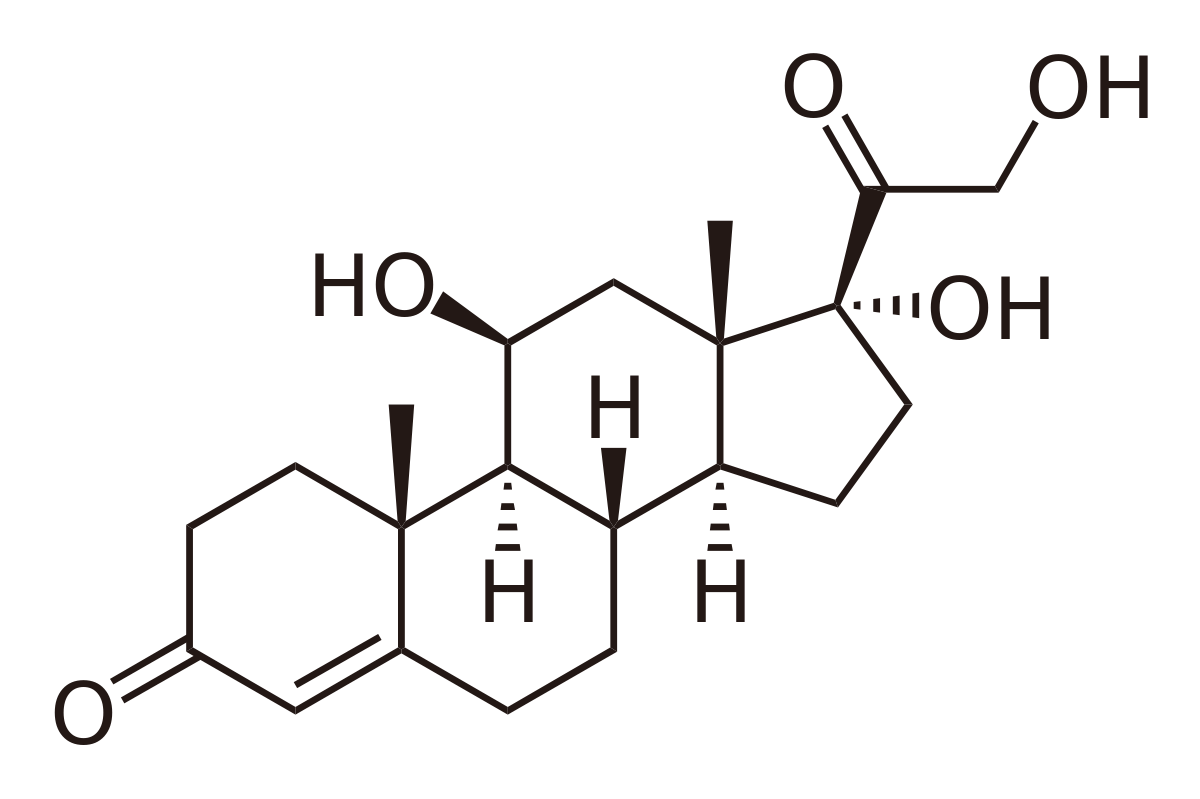Infant Mental Health: What it is and why it matters (part 2)
 )
)
Hi, Steemit :-)
Today I'd like to talk a little bit more about what I learned from working in Infant Mental Health. This post will cover two key hormones that are important in the development of babies' brains. I recommend reading my last post on baby brain development, as I feel that it sets the scene for thinking about this stuff. I also think that these hormones are important when thinking about Attachment Theory, which I intend to write about in my next post.
 )
)
Oxytocin
Oxytocin is often referred to as the love hormone- and it is exactly that! It is released during and after childbirth and is the reason that women who have given birth often report a 'rush of love' for their babies (it is, however, important to point out that this doesn't always happen immediately- a lot of things can affect the release of oxytocin and that's OK, 'the rush of love' often happens later). Oxytocin is released during skin-to-skin contact, breastfeeding and many other parent-child interactions. Oxytocin levels are often synchronised between parent and child- if the parent feels calm and is releasing it, then this will help baby to feel calm and release it, too (a good overview of this phenomenon can be found here).
We release oxytocin when we have contact with people that we feel close to as adults, too. There is some evidence to suggest that our ability to release oxytocin as adults is affected by our exposure to it in infancy- like this study on attachment style and oxytocin release in mothers. It plays a key role in feeling safe and secure when building relationships.
 )
)
Cortisol
Cortisol is one of the hormones that we release when we're feeling stressed. From an evolutionary perspective, cortisol has been really helpful in our survival- it prepares our bodies for stressful situations, such as running from predators! Excessive cortisol, however, has a detrimental effect on a lot of functions such as feeding and sleeping. Large amounts of the hormone present in the brain for long periods can also impact brain development as it has a corrosive effect on myelin- the protective coating around brain cells.
When a baby has a need, such as hunger, discomfort, boredom, etc. they feel stressed, cry, and release cortisol. By meeting baby's needs when they cry, the parent is able to help them to regulate their cortisol levels. This is key to a healthy attachment.
 )
)
What's important to remember is that oxytocin and cortisol can't usually be present in high levels at the same time- this means that if you can promote oxytocin release in your baby through things like cuddles and skin-to-skin, then their cortisol levels will be low. They will be much more settled and feed and sleep better!
**I appreciate how difficult parenting can be at times, and these posts aren't intended to be guilt inducing; just informative. We do the best job that we can at the time with the information/resources available to us, and that information can be conflicting and confusing. I think that the Psychologist Winnicott put it best- it's about being 'good enough'- there's no such thing as a perfect parent!
Please follow me @shammyshiggs for my next post on Attachment Theory and the role that these hormones play in building a healthy attachment.
Thanks for reading :-)
Great post. Thanks for sharing.
My niece is 2 years old and still can't speak .. does sounds and points out thinks ..the wonderful thing is She don't even know that she is missing anything :)
Thank you for commenting- I'm sure she's having a great time, what a beautiful and unique little human! :-)
Cortisol actually also increase heart risk and memory loss
meep
Hey my friend long time now see ?
No see :P
meep
I dunno why i even bothered to correct my comment :P
meep